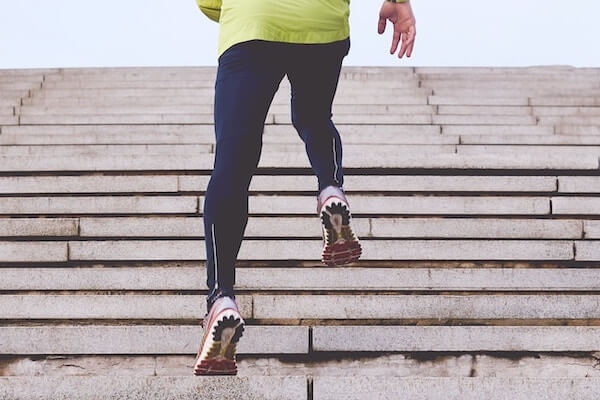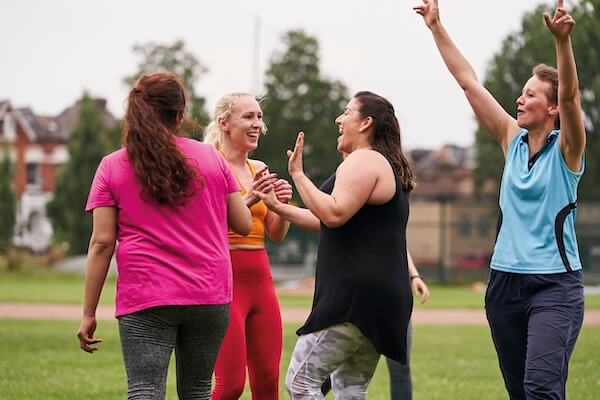
Mental health is important for all of us. Whether we're experiencing depression, anxiety, or just feeling low, it's important to remember that exercise can help improve our mental health. Studies have shown that physical activity can increase feelings of happiness and well-being in people with mental health problems. The benefits of exercise are not limited to just those with mental health issues. Everyone should be incorporating regular exercise into their lives to aid in their overall wellness on a daily basis.
Read on to learn more about how exercise has been proven to positively impact our mental health.
What is mental health?
Mental health is a state of well-being in which every individual has the ability to realize his or her potential, feel connected with others, and function at their best.
Mental health can be broken down into three categories: emotional, psychological, and social. Emotional mental health includes an individual's thoughts, moods, and feelings. Psychological mental health includes an individual's cognitive functioning such as their personality and behavior patterns. Social mental health includes the interactions that occur in an individual's daily life.
The benefits of exercise for mental health
Exercise has been proven to positively impact our mental health, which is a great reason to incorporate it into your daily routine. Exercise has been shown to have a positive effect on the levels of serotonin in the brain and the structure of the brain itself, which can help reduce feelings of depression and anxiety. There's also evidence that regular exercise can help improve your focus, self-esteem and confidence levels.
Don't just take our word for it here is some great videos on how exercise affects your brain and mental health
Video: Wendy Suzuki: The brain-changing benefits of exercise | TED
Take Your Thoughts for a Walk | Marily Oppezzo | TEDxStanford
Regular exercise has also been shown to increase mental functioning and memory, which can help prevent dementia.
Exercising with others can also be a great way to meet new people, make exercise a habit and boost your social health.
Benefits of exercising outdoors
Being active and enjoying the fresh air is beneficial to your health and mental well-being. Exercise has many benefits including improved mood, reduced stress, and increased energy. Being outdoors allows you to enjoy the natural beauty of the environment, meet with friends, and focus on something other than your daily routine. When you’re outside, you’re also more likely to get a dose of vitamin D, which is beneficial to your health.
How to get started with exercise and mental health
In order for exercise to help improve our mental health, we have to stay consistent with it. Find an activity that interests you and stick with it as much as possible. For example, if you're interested in soccer, try joining a local club or finding locals interested in social soccer.
Make sure that you do a mix of activities, so that your muscles are not used to the same routine and you don't get bored. The more diverse our workouts are, the more you'll benefit from them.
Conclusion
Physical activity has been found to have a positive impact on both physical and mental health. It can help you be more focused, more confident and make new friends. So pick something your enjoy and get started today.
HINT: Try KeepActive.com.au, to find locals with same interest, age, location and ability.
Share your story and inspire others
Got a story on how exercise helped change your life or your mental health? Join the KeepActive Facebook group or tag us on Instagram or Facebook to share your story. There are a lot of people unsure about starting their fitness journey or meeting strangers, seeing stories and photos from other people can inspire others to take their first step.






